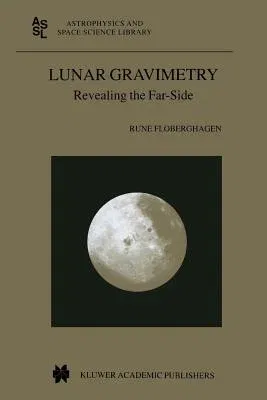Rune Floberghagen
(Author)Lunar Gravimetry: Revealing the Far-Side (Softcover Reprint of the Original 1st 2002)Paperback - Softcover Reprint of the Original 1st 2002, 1 August 2012

Qty
1
Turbo
Ships in 2 - 3 days
In Stock
Free Delivery
Cash on Delivery
15 Days
Free Returns
Secure Checkout

Part of Series
Astrophysics and Space Science Library
Part of Series
Astrophysics and Space Science Library (Paperback)
Print Length
304 pages
Language
English
Publisher
Springer
Date Published
1 Aug 2012
ISBN-10
9401571171
ISBN-13
9789401571173
Description
Product Details
Author:
Book Edition:
Softcover Reprint of the Original 1st 2002
Book Format:
Paperback
Country of Origin:
NL
Date Published:
1 August 2012
Dimensions:
23.39 x
15.6 x
1.65 cm
ISBN-10:
9401571171
ISBN-13:
9789401571173
Language:
English
Location:
Dordrecht
Pages:
304
Publisher:
Weight:
435.45 gm